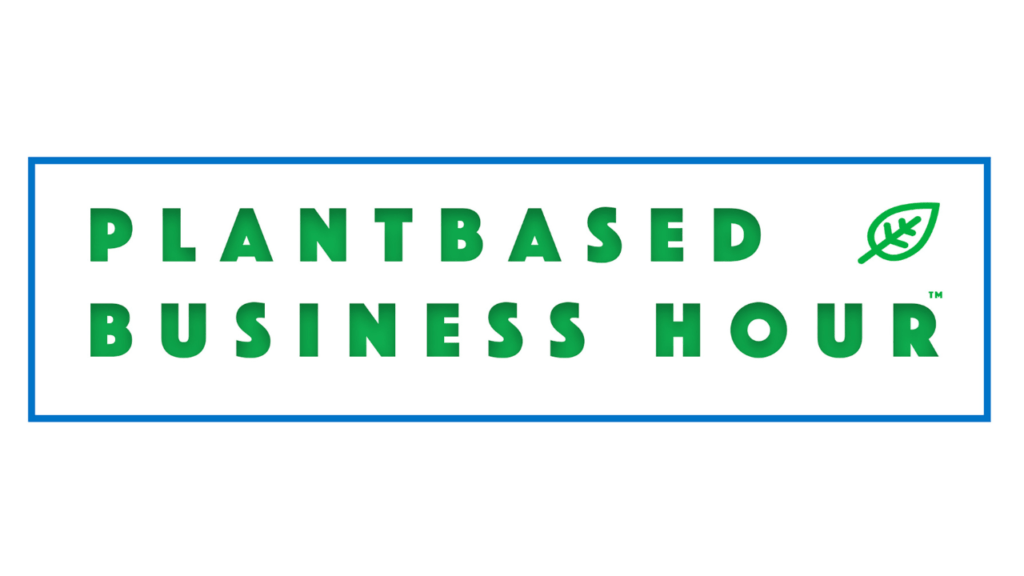
Aimee Christensen, CEO of Christensen Global, discusses scaling food solutions for local and global impact on today’s episode of The Plantbased Business Hour with Elysabeth Alfano.
Specifically, we dicsuss,
- Local and global food solutions for impact.
- Idaho’s work for a circular food economy.
- Regenerative farming practices and the power of legumes.
- The potential for local and global food systems to work together.
Below is a short clip and transcript from our long-form conversation.
Elysabeth: What about reaching out to corporations? So, we talked about how this local community fits into the larger scale of global food production. How do you see, if at all, working with large corporations either with their distribution channels or their advertising budgets? How do you see yourself working with the crafts of the world?
Aimée Christensen: So, I would say that my experience has been working with companies on their climate strategies and where I see this so much is reminding people that changing what we eat and what we feed our employees is a critical tool for reducing greenhouse gas emissions.
I remember when Puma was looking to address its greenhouse gas emissions and its planetary impact across climate as well as other resource consumption and they realized that leather was their number one impact. So, they looked at some plant-based alternatives for leather and that was going to be a real game changer. Just that one lever could dramatically reduce their impact on the environment. So, as companies are starting to look at how they can get to net zero and how they can make these commitments to walking the walk for the planet, it’s interesting to see people start thinking, “Oh, what can we do to change our employee cafeterias in what we’re feeding our employees to change the footprint of our company?”
Also, you can talk to an Ikea or a Walmart and when you go into Ikea you see those meatballs that they serve and now they have plant-based meatballs and part of that is that it helps reduce the greenhouse gas emissions of that company. Finally, people are starting to think outside the box and think outside of energy to, “Where does food play a role? Where do animals play a role in our supply chain and in our core business? And how can we change it to benefit the business and the bottom line and our customer relationship too?”
I remember Walmart looking at its environmental impact in the very early days, maybe 2007 or 2008, and saying, “Oh, we can source more locally for farmers and we can attract customers who are looking for lower cost and local and better and healthier grown produce.” And it helped them reach a new customer segment. So it’s looking for these solutions that are good for the planet and for the business, for the primary business, and its brand and its stakeholder relationships.

New episodes are out every week. Never miss the Plantbased Business Hour or Minute. Subscribe on iTunes and Youtube, and sign up for the newsletter. Follow Elysabeth on Linkedin. For information on Plant Powered Consulting, click here.



